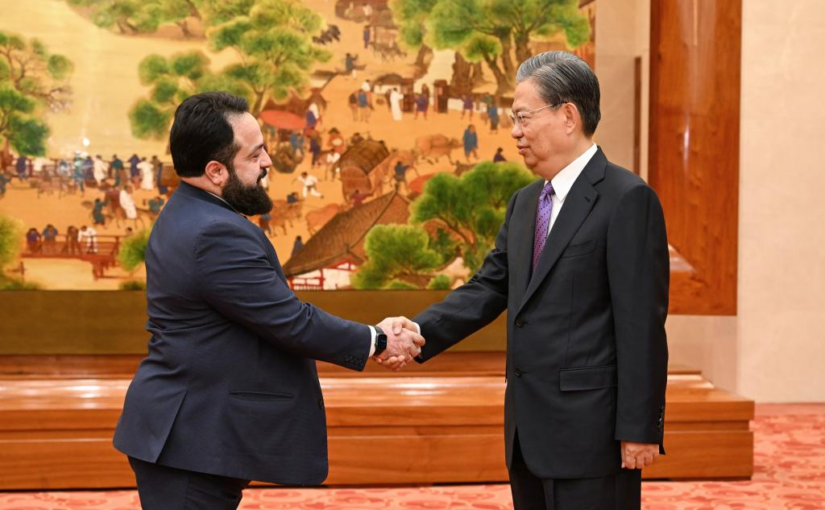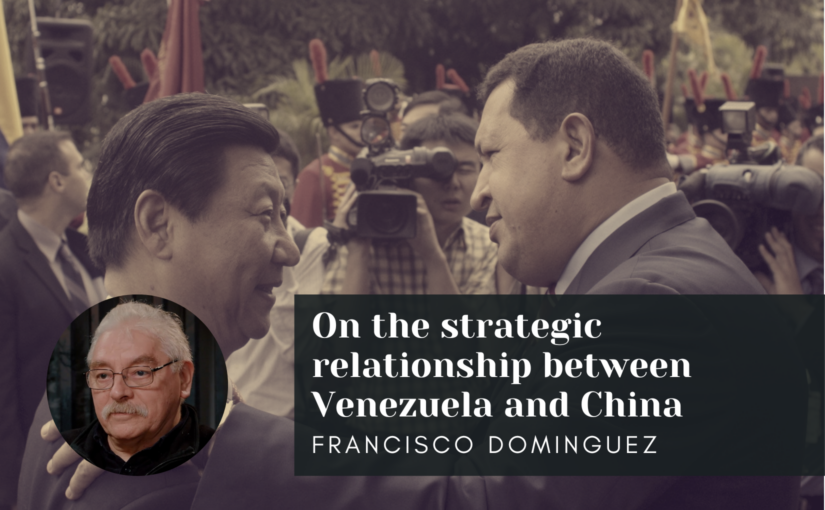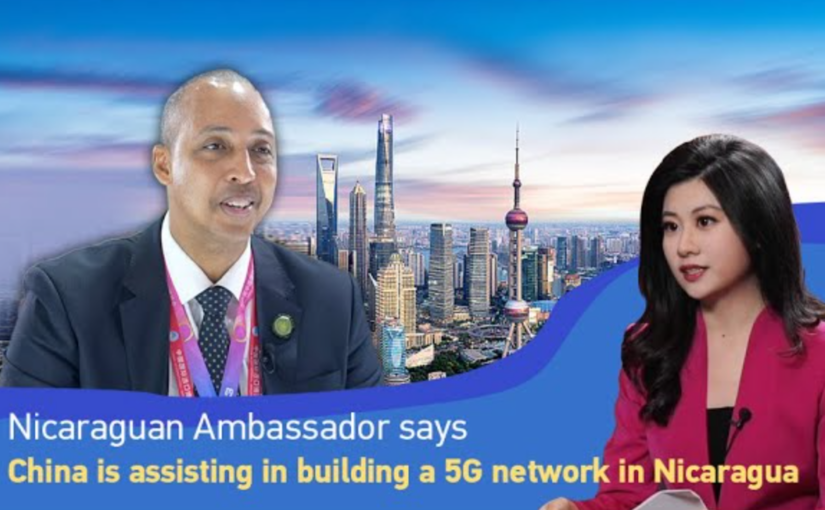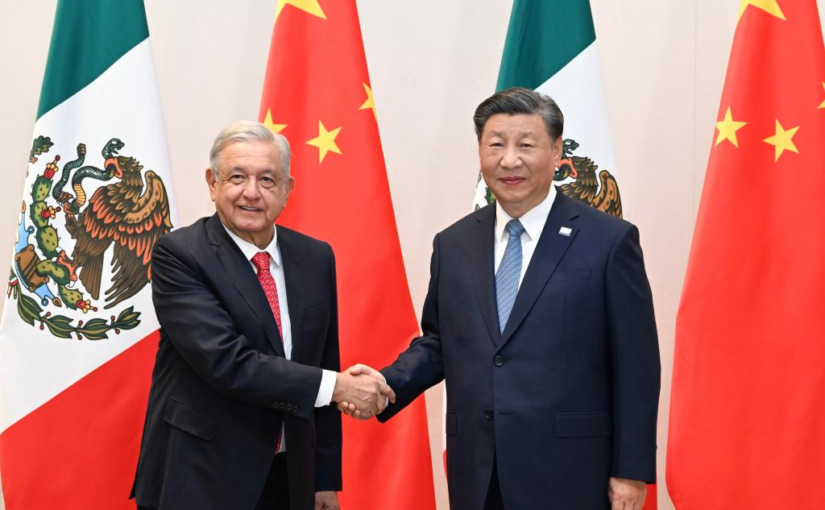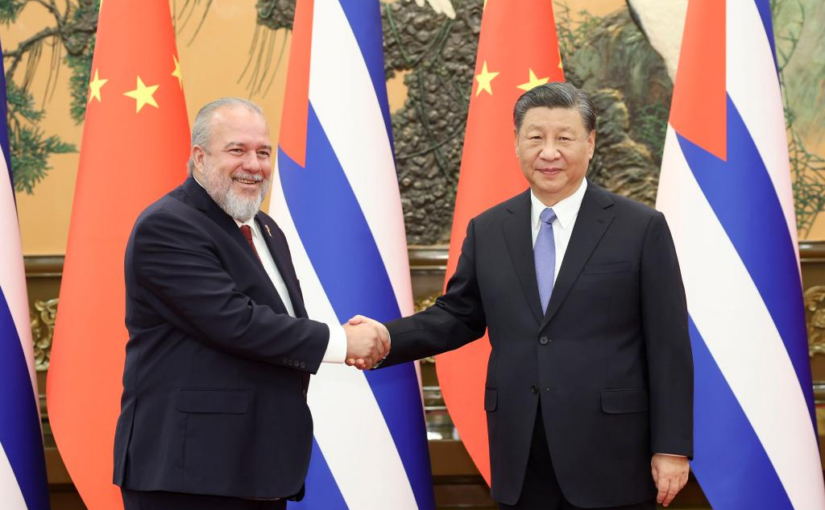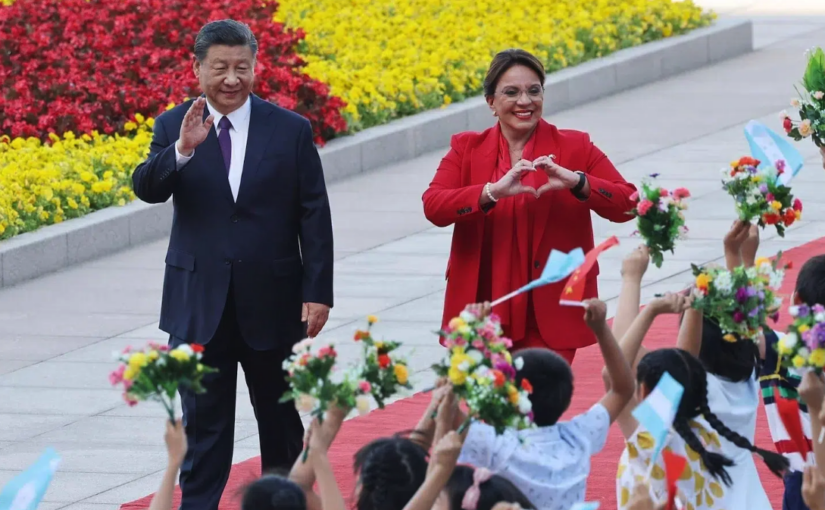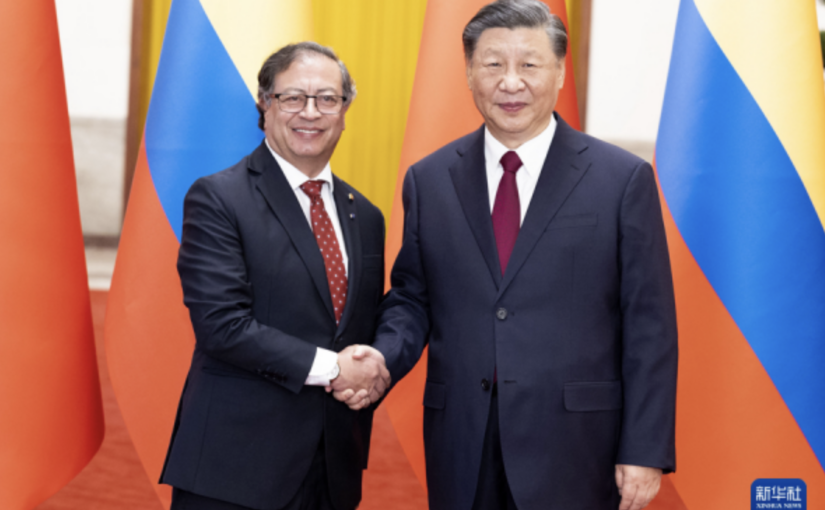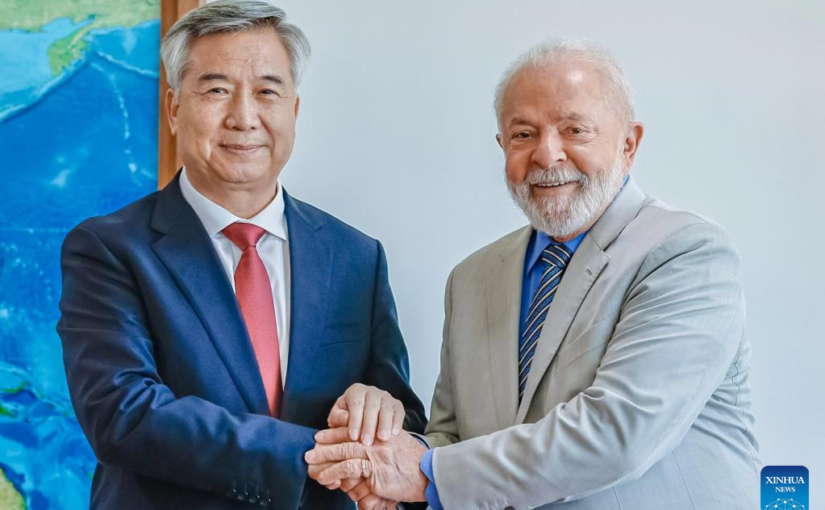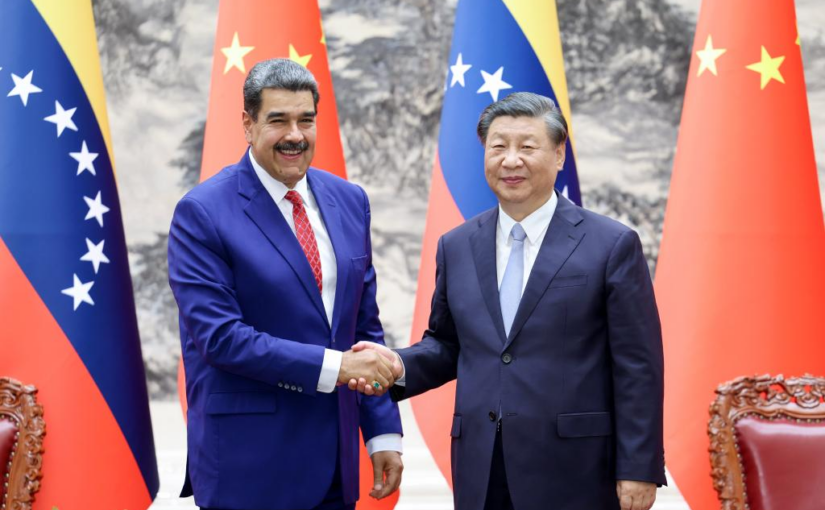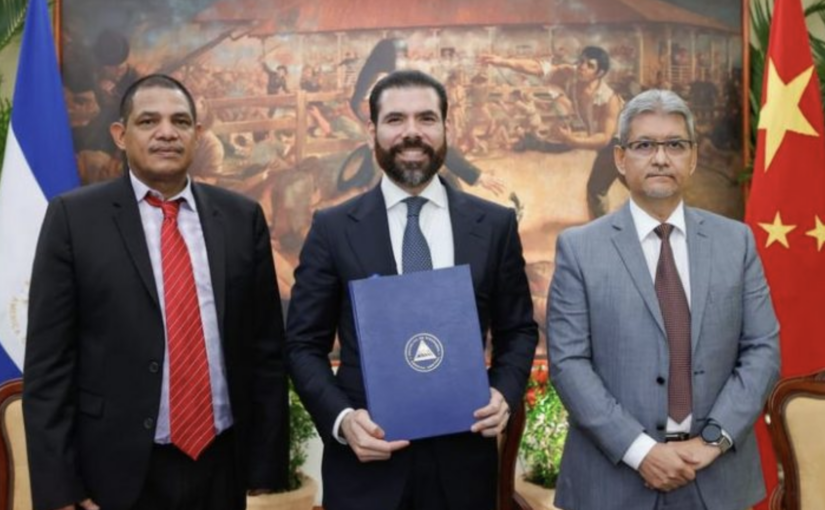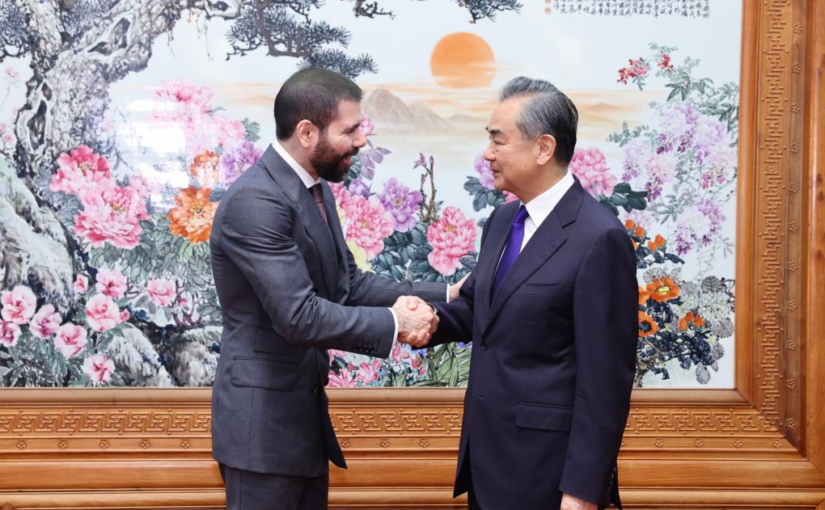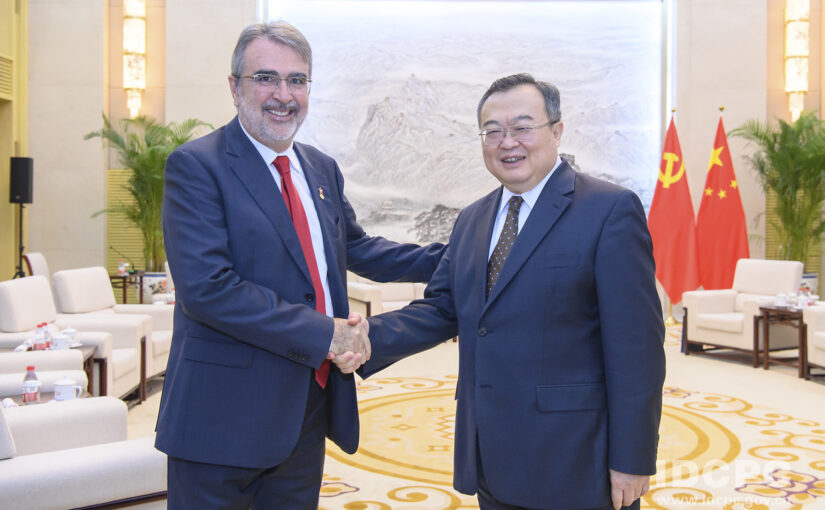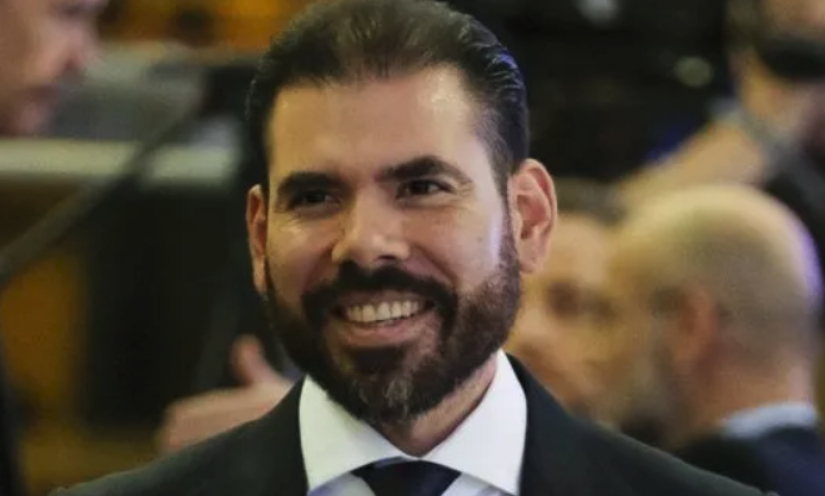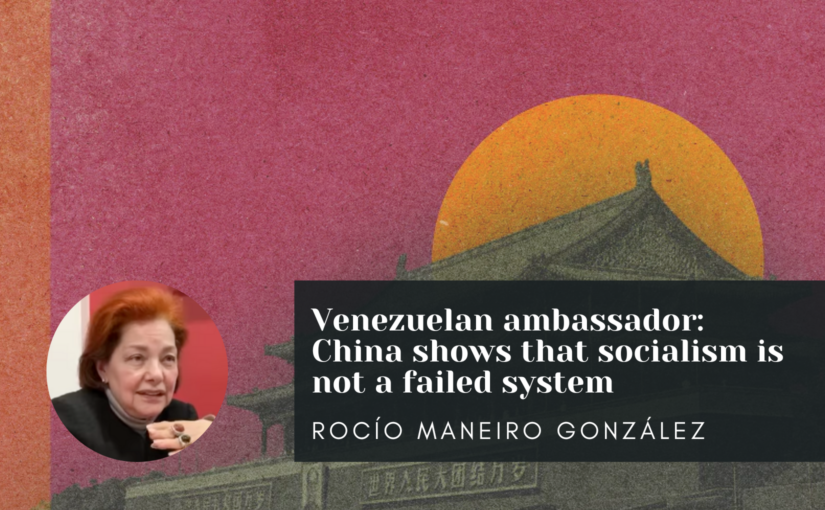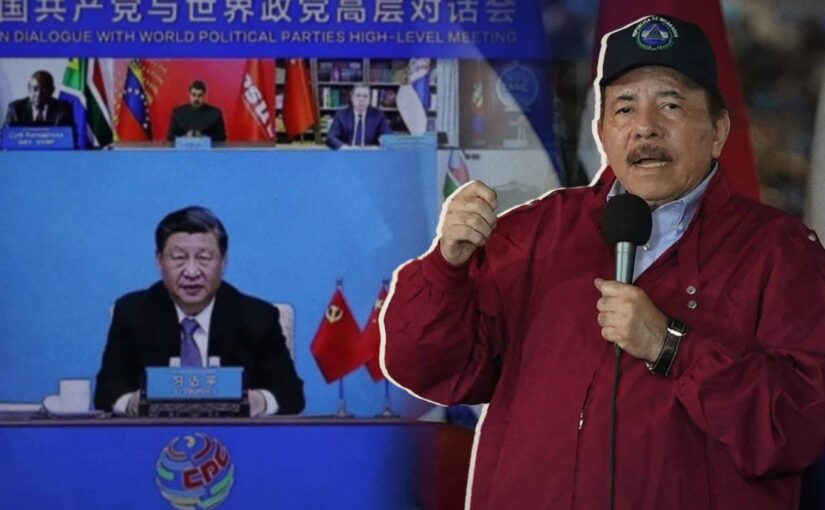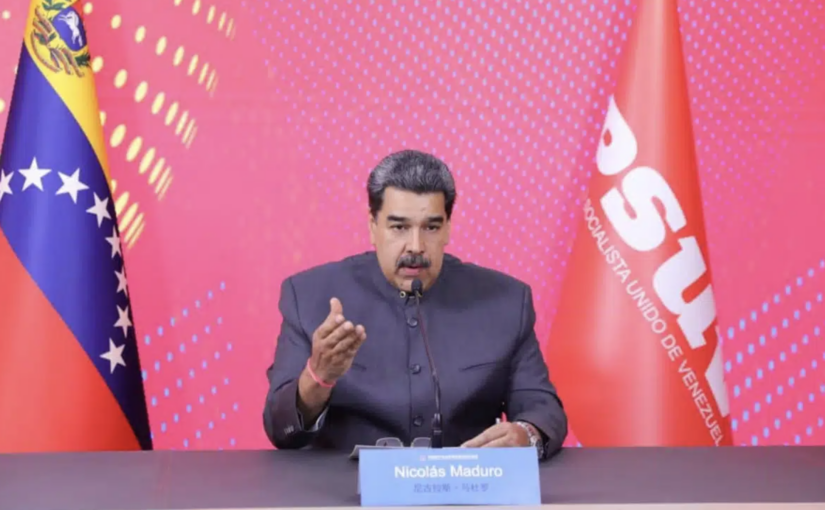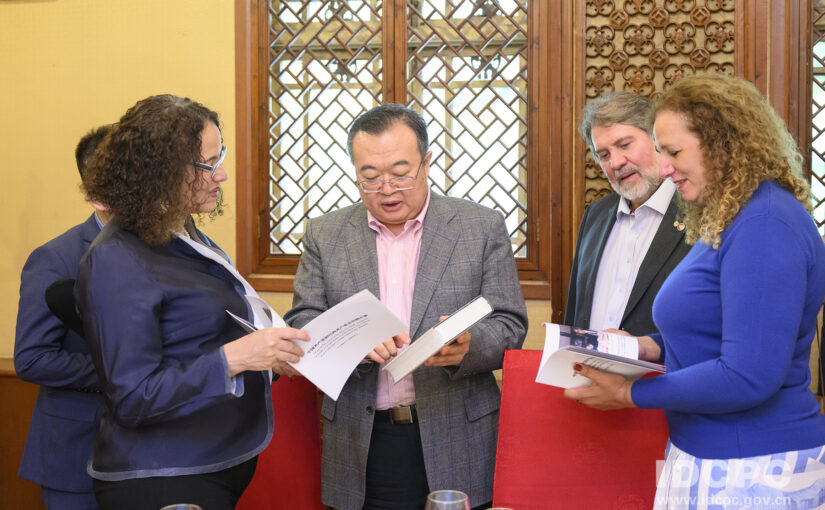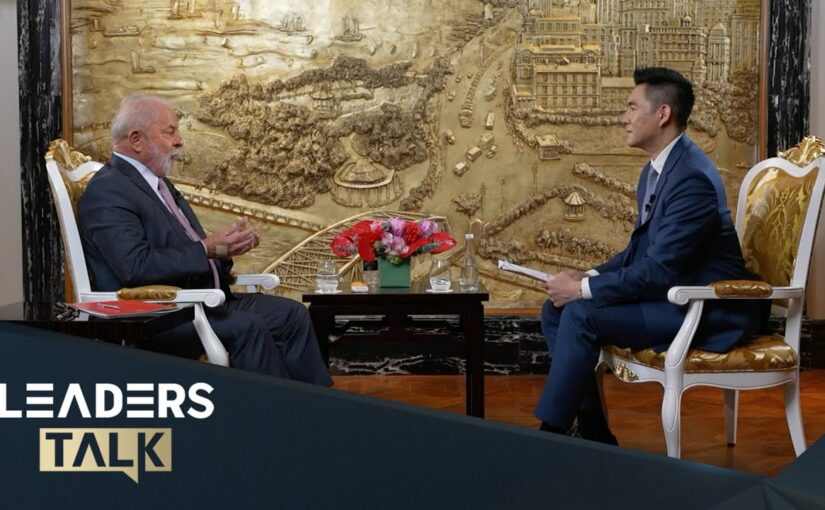Relations between China and the Central American nation of Honduras have been developing well since the latter’s progressive, socialist-oriented government established diplomatic relations with Beijing on 26 March 2023. This was followed by a highly successful state visit by President Xiomara Castro, June 9-14.
In the latest development, Luis Redondo, the President of the National Congress of Honduras, visited China in early December.
Redondo met with his counterpart, Zhao Leji, Chairman of the National People’s Congress (NPC) Standing Committee, on December 7.
Zhao said that the establishment of diplomatic ties between China and Honduras was a major political decision of historic significance made by the two heads of state, and that it has opened a new chapter in the development of bilateral relations between the two countries.
He expressed China’s willingness to work with Honduras to implement the important consensus reached by the two heads of state, promote communication and cooperation in various fields, and push for the sustained and steady development of bilateral relations.
And he further noted that China highly appreciates Honduras’ firm adherence to the one-China principle and firmly supports Honduras’ efforts to safeguard its national sovereignty and independence, promote its development and improve its people’s well-being.
China welcomes Honduras to join the Belt and Road Initiative (BRI), and is willing to accelerate the synergy of development strategies and promote new achievements in practical cooperation.
Redondo said the establishment of diplomatic ties between Honduras and China was of historic significance. Honduras adheres firmly to the one-China principle, and supports and actively participates in global initiatives such as the BRI, which are significant contributions that China has made to the progress of human civilisation.
Following their talks, the two leaders signed an agreement to promote cooperation between their respective congresses.
The same day, Redondo also met with Chinese Vice President Han Zheng.
Han said that relations between China and Honduras have got off to a good start, showing broad prospects for development since the establishment of diplomatic ties.
He also expressed China’s willingness to walk hand in hand with Honduras on the road towards modernisation, promote exchanges, mutual learning, solidarity and cooperation, and achieve mutual benefits and common development.
Redondo said that the establishment of diplomatic ties with China marks a historic decision by Honduras, which has a long-term perspective and is in line with the will of the people.
The following articles were originally published by the Xinhua News Agency.
China’s top legislator holds talks with Honduran national congress president
BEIJING, Dec. 7 (Xinhua) — China’s top legislator Zhao Leji held talks with Luis Redondo, president of the National Congress of Honduras, in Beijing on Thursday.
Zhao, chairman of the National People’s Congress (NPC) Standing Committee, said that the establishment of diplomatic ties between China and Honduras earlier this year was a major political decision of historic significance made by the two heads of state, and that it has opened a new chapter in the development of bilateral relations between the two countries.
Zhao expressed China’s willingness to work with Honduras to implement the important consensus reached by the two heads of state, promote communication and cooperation in various fields, and push for the sustained and steady development of bilateral relations.
Zhao noted that China highly appreciates Honduras’ firm adherence to the one-China principle and firmly supports Honduras’ efforts to safeguard its national sovereignty and independence, promote its development and improve its people’s well-being.
China welcomes Honduras to join the Belt and Road Initiative (BRI), and is willing to accelerate the synergy of development strategies and promote new achievements in practical cooperation, Zhao said. He noted that China appreciates Honduras’ support for the global initiatives China has put forward, and hopes to strengthen coordination on multilateral occasions to promote the building of a community with a shared future for humanity.
The NPC of China is willing to facilitate dialogue and exchanges with the National Congress of Honduras, consolidate political mutual trust, and work with Honduras to safeguard the achievements of diplomatic ties between the two countries, Zhao said.
The legislatures of the two countries should carry out their duties fully, improve legal systems further to create a sound legal environment for investment, cooperation and personnel exchanges, and serve as a bridge for exchanges between communities to consolidate popular support for bilateral relations, he said.
He also noted that China is willing to increase exchanges with Honduras on governance experience, as well as on developing economy and improving people’s livelihoods.
Redondo said the establishment of diplomatic ties between Honduras and China was of historic significance.
Honduras adheres firmly to the one-China principle, and supports and actively participates in global initiatives such as the BRI, which are significant contributions that China has made to the progress of human civilization, Redondo said.
The National Congress of Honduras is willing to strengthen cooperation with the NPC of China and make contributions to the bright future of common prosperity of the two countries, he added.
Continue reading A new chapter in the development of bilateral relations between China and Honduras